All five people running for two at-large seats on the Brown County Schools Board of Trustees had their turn to address voters during the third candidate forum hosted by the League of Women Voters of Brown County on Sept. 23.
This year, because of COVID-19, it took place virtually, though, and was prerecorded so that voters could watch it later on YouTube.
Candidates answered questions submitted by voters and by students. Some topics included candidates’ visions for Brown County Schools, how they could help minority students and those experiencing bullying, and whether a COVID-19 vaccine should be required of students and staff if it becomes available.
Forums were moderated by Brown County Junior High School We the People teacher Michael Potts.
The at-large candidates for school board are Marlene Barnett for District 1, Stephanie Porter Kritzer for District 2 and Linda Hobbs, Lance Miller and Amy Huffman Oliver running in District 3.
Both open seats are at-large seats, meaning that the people elected can live in any district. However, no more than two people from any district can be on the board at the same time, and there’s already one representative from each of the three districts on the board. That means that two people from the same district can’t win both at-large seats.
Candidates’ answers have been shortened for space and to reduce redundancies. Not all questions asked could be included due to space limitations.
Q: Please describe your vision and goals for Brown County Schools.
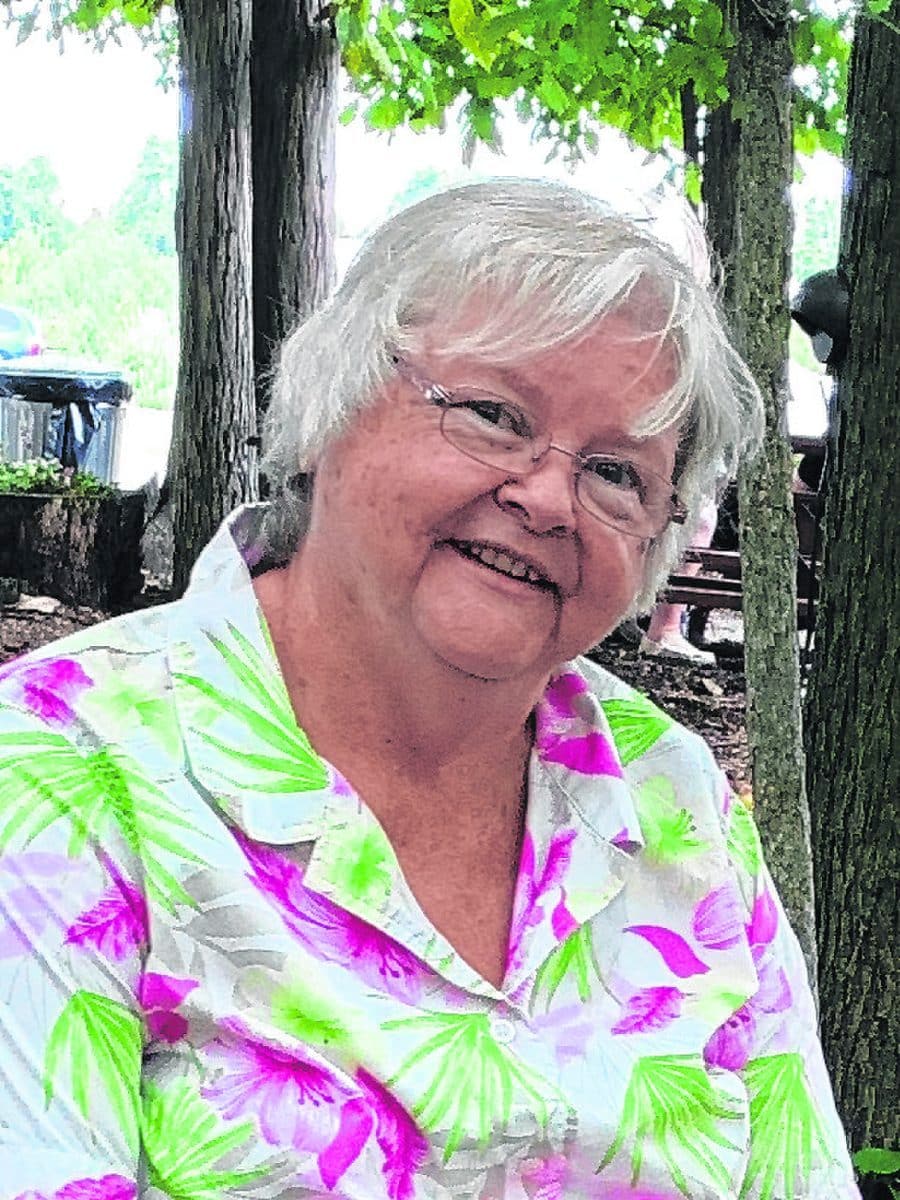
Kritzer: When I think about a vision for Brown County Schools, I see a place for the students, the teachers, the administrators and the many possibilities to enter careers and cultivate their interests. … I would like to open the children’s eyes to the possibilities and that goals can be reached if they have hard work.
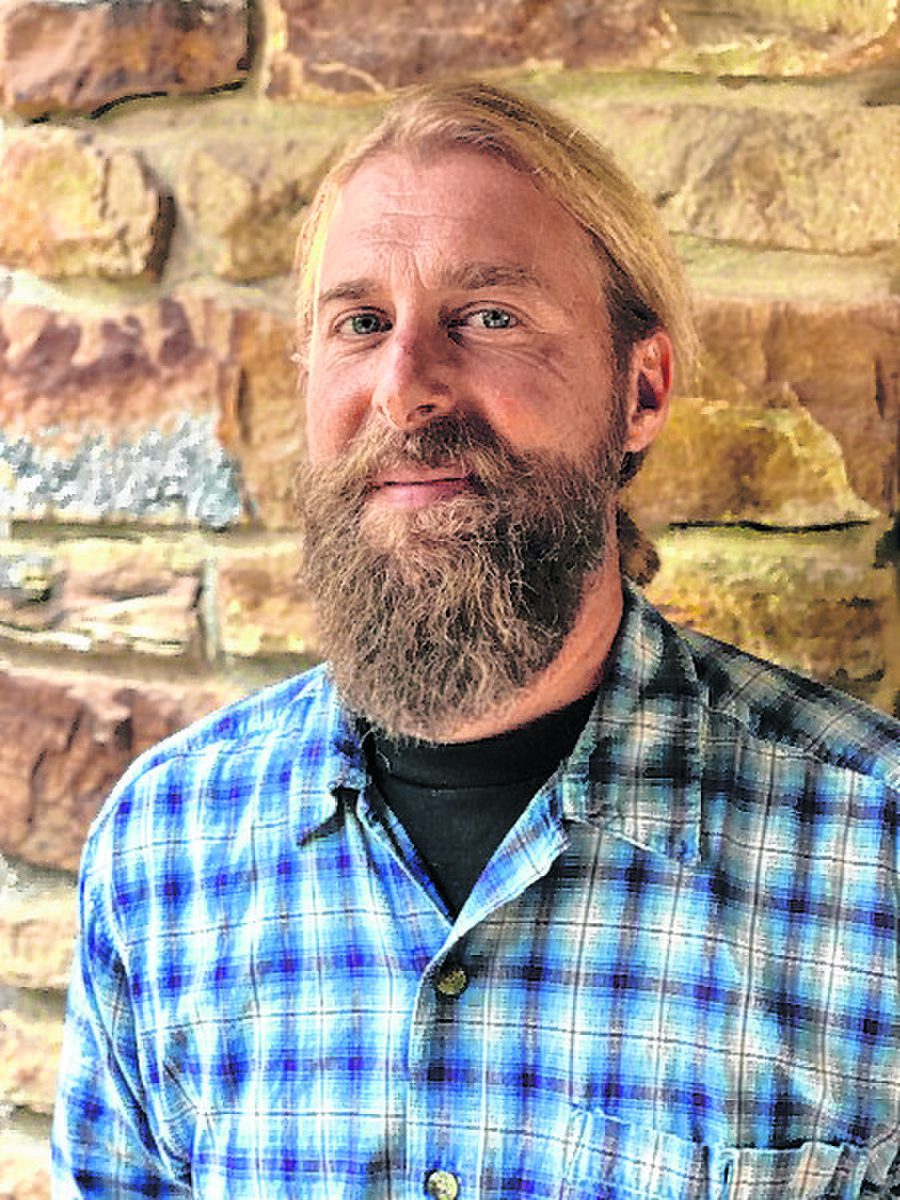
Miller: Being a teacher, an art teacher especially, I was so happy to see them finally taking the STEM letters and update it to STEAM (science, technology, engineering, arts, mathematics). … I think that is a great start. I would also like to see in some form or another things like building trades (return). Chris Todd leaving left a huge hole in that school. And web design. … That (STEAM) is really the future and I think they’ve got the ball rolling in a great way on that and I’d like to see it continue.
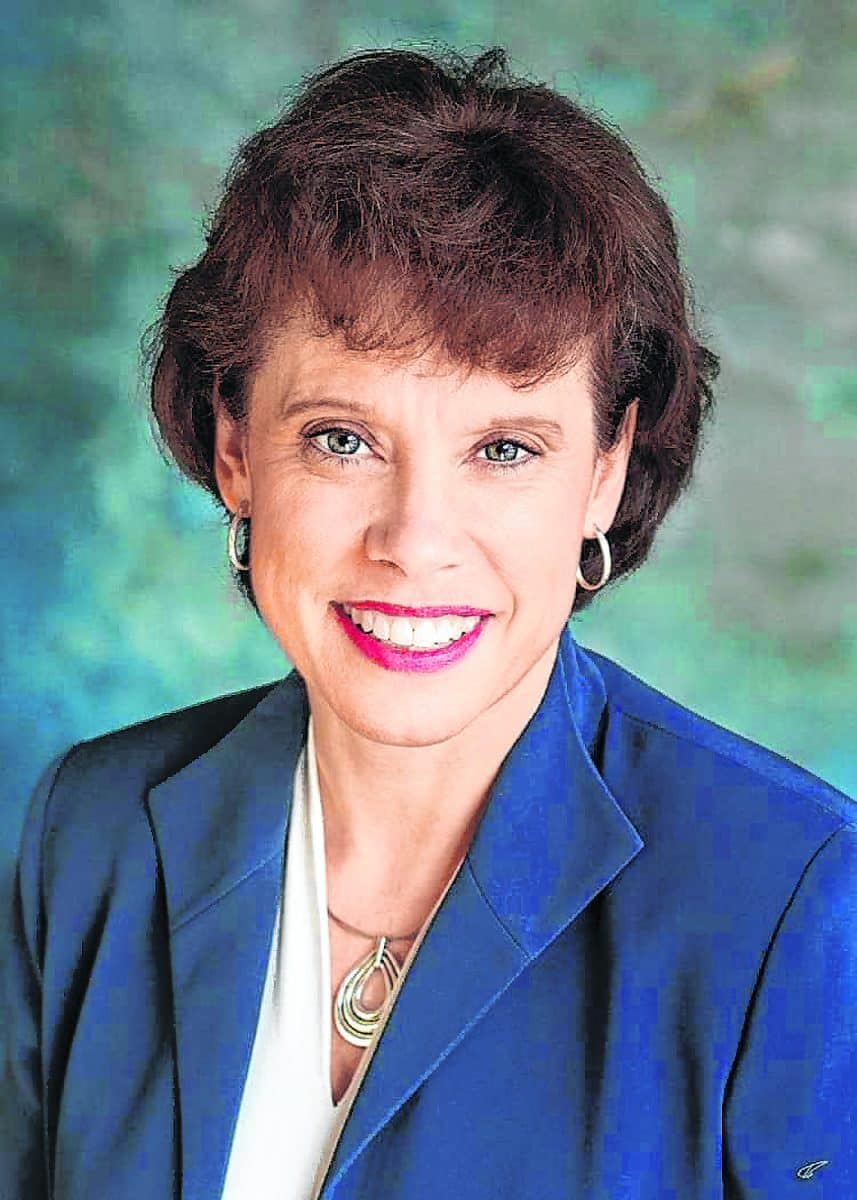
Oliver: I have three main goals that I want to talk about. The first one is we have to get internet accessibility to every single family in Brown County and we have shown that we as the schools are the ones to do that. … Otherwise, our kids are going to be left behind not just in remote teaching, but in the world. … My No. 2 priority is we’ve got to pay teachers a living wage. … If they are doing extra duties, they need to be paid for that. … We’re always searching for grants and finding ways to do it, but paying teachers is really important. My third goal is that part of our motto that says ‘World class opportunities.’ We have to be providing cultural opportunities, computer literacy opportunities and training opportunities. … We are not just a small, rural school. We have to be a world-class school.
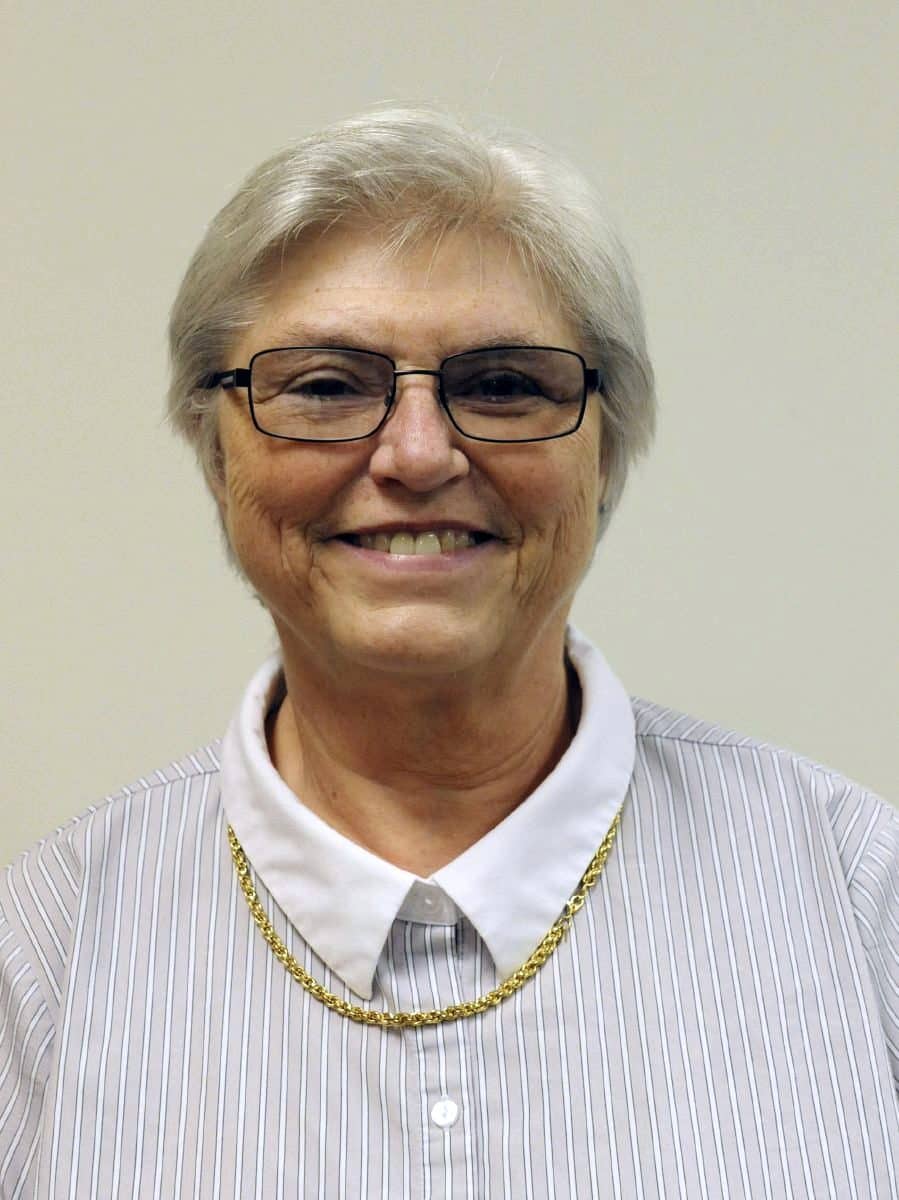
Barnett: One of the things I think is very important and maybe even necessary is for more of the parents and more of the students to have a discussion or meeting on the things that are offered by C4. … There are all kinds of areas that they can get their training on. They will also get their high school credits out of the way. Also after they have met their two years’ training, most of them can go out and get a job. If they want additional training, those can be offered by Ivy Tech so they can maybe even advance themselves even more and continue on until they are satisfied with their situation.
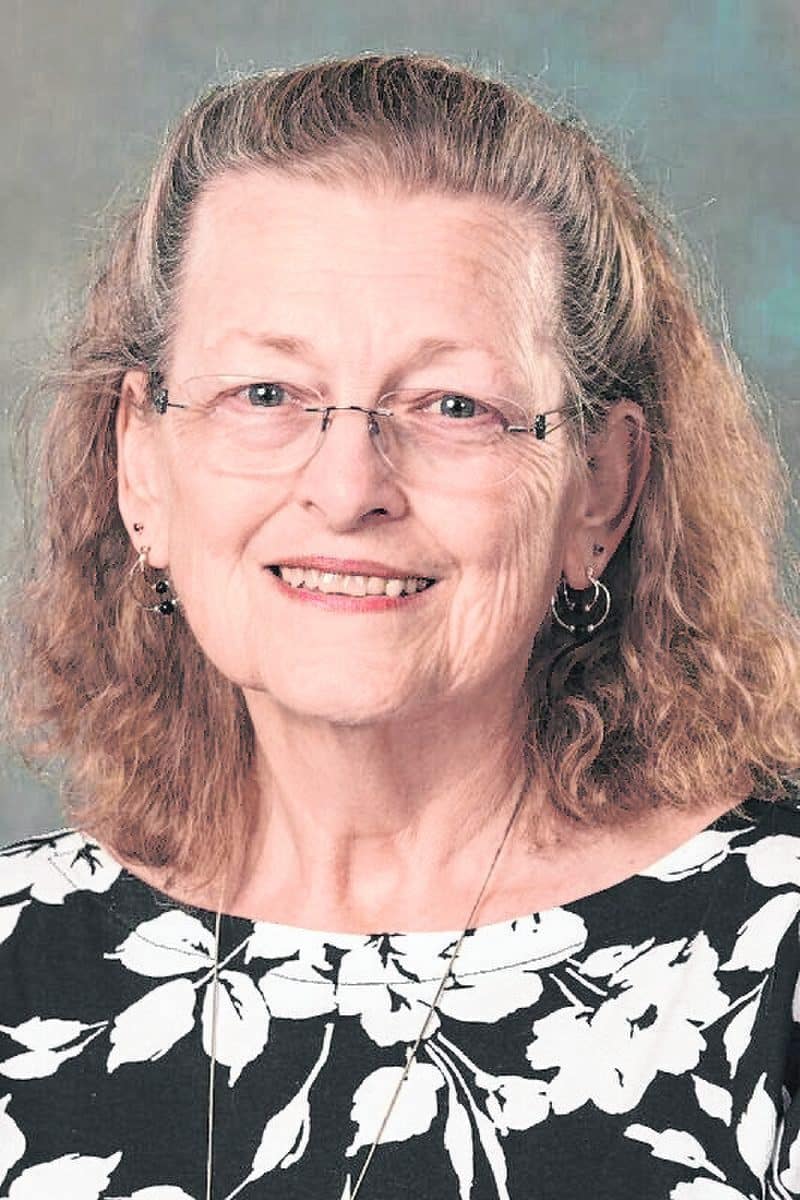
Hobbs: I think that our schools, we need to be flexible and purposeful with our education and program delivery, our course availability and our offerings. We need to continue the diligent efforts in planning, securing resources, addressing needs of students in rural households, which also addresses the internet. Must maintain vigilant approach to seeking and applying for any and all suitable grants appropriate and available for our schools. … I think these challenges are just the beginning of the iceberg where we can actually be creative and be forward-thinking as Amy mentioned. I have always been up for a challenge and I think that’s what we need to do.
Q: What practices, policies and barriers, if any, should be addressed by the school board to provide for safety, equity and inclusion for minority students including LGBTQ, students of color, special needs students and students with disabilities? (submitted by a BCJHS student)
Miller: There are a lot of moving parts to that one. I definitely feel like when you come to the school you need to feel like it’s a safe place. If that means more security, that’s a possibility. We’ve been pretty lucky. My experience has mainly been at the high school and we haven’t had many problems like that. As far as inclusion of minorities and LGBTQ, you know, really a zero-tolerance policy on any type of bullying, discrimination. I think there’s a big debate among teachers, or there used to be, as far as what constitutes a hate symbol or hate speech from one student to another. But really, just being aware and hitting it head-on when there is an issue. … Mainly the awareness and the zero tolerance on any type of hate speech or anything like that.
Oliver: Any student who is ever in my classroom knows that this is a particular issue for me. I taught Eastern hemisphere and I taught about discrimination and I taught about safe spaces in my classroom every single day. It is absolutely imperative that every student in our school system feels safe, so we have to do more to do that because every student in our classroom does not feel safe. A lot of parents will tell me, ‘Oh, we don’t have that problem here.’ We do have that problem here. … The school system needs to be providing more training, we need to be doing sensitivity training, we need to be training our teachers. We all think we know how to handle these problems, but we really don’t and we need to look at the observations and the training and the procedures that are available from other school systems that are a lot more advanced than ours. Then we have to actually take the time and the effort and put them in place.
Barnett: … We need to as a group, maybe in a classroom if there’s some kind of racist talk or something, we need to get in maybe a group and they need to discuss these with the teacher, of course, monitoring everything that is taking place and just discuss it among themselves and ask themselves, “What can I do to help you to not feel unsafe in this classroom?” … Everybody needs to be aware of it and I think they need to get together in some kind of team form or something and see what they can work out and see how well those students can handle the situation and what they would do.
Hobbs: It’s critical these days. I think that we need to seriously try to understand where everyone is coming from, that’s kind of how I function. In a perfect world, every child would come to understand that they would be safe and they would be understood and they would be respected for their beliefs regardless of what they are, what color their skin is or any other choice they make in life. We should make sure that our adults understand that and we need to be more specific and intentional about how we address that.
Kritzer: … I like the way he (Lance) stated that the students deserve to have a safe space and schools should be a safe space for our kids. Again, we have a zero tolerance for bullying, but we need to be aware of solutions and be open to solutions that come up individually. We can’t just say as a group we’re going to do this or as a group this is how we’re going to handle students. I think it’s also important to teach the students how to handle the chain of command and to know where to go. You have to go up the ladder and if you’re not addressed at one level, please move to the next.
Q: What do you see as some of the strengths of Brown County Schools?
Oliver: Always our people, and it’s absolutely our teachers. I had so enjoyed being a teacher for the past five years in the junior high school and I have lots of friends throughout the campuses here on our staff. The teachers here will go to any lengths that are necessary to meet the needs of the students, and don’t know if that is true everywhere, so I think we’re really, really blessed to have that. Our greatest strength is Dr. (Laura) Hammack. She is just an amazing superintendent. … We talk about small, rural schools, and that means the kids in my room aren’t just a kid. I know their names, I know their families, I know their siblings, I often know their parents and that’s just really a great strength we have.
Barnett: I again believe that Dr. Hammack is one of the strengths and so are the teachers. … I believe that teachers being there, the longevity, that helps the school system to better help … them and their families. And even the community has taken an interest in a lot of the things that do happen in the schools and they have tried to also put their input so that they could all come to something that would work out for the best for all.
Hobbs: Our leadership and our staff. Our teachers are amazing and the support staff, the paraprofessionals clear down to the cooks, bus drivers, they all care about our kids. The fact that it’s a small community where a lot of people know a lot of people and the families makes it seem comfortable. The community involvement with the schools. The school is a key piece of the community and interacts with many other organizations in the community. …
Kritzer: I would say that our strengths lie with Dr. Hammack and our staff, teachers and everybody, bus drivers, the whole staff. … Because we have been very careful in budgeting and not replacing people when they leave, but sort of moving the tasks, spread them out, we’ve been able to give the teachers a raise, and because of the wellness center, we’ve been able to not raise our (health insurance) premiums in the past two years, and that is unbelievable. Also the grants we’ve gotten, Eagle Manufacturing.
Miller: … The teachers and the staff have been outstanding. My daughter just came over from ABC(-Stewart) Montessori to Brown County Intermediate this year. We were really pleasantly surprised by how great the staff is. She has had nothing but great things to say about it. Also, class size is outstanding. The small Brown County community is also just unbelievably beautiful. We run a restaurant in town and every sporting event that they have here, everyone loves to come here. … It’s an amazing place to live and raise a family.
Q: What issues do you see in Brown County that affect student performance and achievement, and what action, if any, should the school board take to facilitate student success?
Hobbs: I think it’s primary the school board have our leadership involved in a big wish: Every child should have their individual educational plan to address any and all needs. That’s not very realistic, I understand; however, we are doing more to meet the students where they are and to move them forward regardless of their educational level than we have ever done. I think we just need to continue to do more of that and let our leadership figure out how we do that. … Also, do any lobbying we can to help get programs to do that as well, because that is a critical thing.
Kritzer: I’ve been here my whole life and one of the things that’s really hard is for extracurricular activities with children who live in the outlying areas as opposed to just in Nashville. … One of the things I think we’ve done at the elementary schools is they started running clubs and other activities that the kids can grow into. Our educators are so wonderful about recognizing the students’ strengths and interests. I’m sure Lance saw that a lot in the art classroom. Someone will have a certain flair and I’m sure he noticed that and tried to cultivate it.
Miller: … Brown County has always faced a challenge. I know they have trouble with busing. It’s so spread out. Sometimes it difficult to get the kids there. I would take it a step further: I think getting the parents into the school. The parents I always needed to talk to the most whose kids were underperforming. I always had difficulty getting them to come into the classroom. … The school is really a center of our community. With COVID, when this is all over, I think we could do more things to bring them into the school. They used to do a lot of that in my daughter’s Montessori school, alot of events to bring the community together, and I think that would be something that we could all agree on that would be easy to move forward with.
Oliver: We have food insecurity. We have transportation insecurity in a county where you have to have a car. If your car doesn’t work and you can’t get to work, you can’t get to town, you can’t get your kid to the bus stop, that is just huge barrier to our families — and affordable housing. Those are just three issues, but it often comes down to poverty. … The kids in my classes who struggled were kids who were struggling at home with poverty. … I think we are still are agents for change within our community. We need middle-class jobs here. We need to bring those students and families in as Marlene said. … The jobs we do have need to be paid better, so that parents don’t have to leave county in order to work.
Barnett: … The children in insecure homes that really maybe others do not know the abuse or the violence or the hunger or the lack of maybe proper clothing through winter and summer can also be a real determiner for kids not performing well in school, especially the hunger part. … If the kids feel ashamed about the way they are dressed, they are not going to function very well. They will probably be laughed at, sometimes they are probably made fun of. Somehow, someway the community needs to help with this problem, especially hunger, so that when the kids do get to school they feel like they are a member of that class and not an outsider.
Q: Please describe the school board role in financial management, including monitoring the budget and setting priorities.
Kritzer: In a lot of instances we do not have a lot of say-so in where the money is distributed when we get it from the different places that we get it. They go into a couple of different funds. That was just changed recently, but our teachers’ salaries and benefits go into one account and all of other items go into another account. We just need to make sure we’re balancing and not overextending ourselves. … We have a credit score. We’re doing really well. We’ve been able get a bond at an unbelievably low amount, so just continue to do that.
Miller: My school board’s new role would be listen to concerns of the community, the teachers, the administrators. It has been mentioned several times that Dr. Hammack has done an amazing job with our budget. Even though my wife and I manage multiple businesses (and) I have lots of budget restrictions with those, I would have a lot to learn. I know that any wish list I could come up with would be quickly shut down by the reality that is what the state is going to give us. … We’ve seen that teachers and administrators can change things as they’ve done around the country with regards to budget if you stand up and fight for those things. I think you need to be an advocate first and foremost and listen to other concerns from the administration and the community.
Oliver: This is the primary role of a school board. It’s a budgetary board that determines policy, that determines budget and it’s the toughest job particularly in a declining school district. We know that we lost approximately 100 students since last year. That is thousands and thousands of dollars, so we have to make due with less. … I want to be going to the Statehouse and changing that so maybe we can get more per student, but I think it’s also important to think about our priorities. We do need to maintain our buildings. It’s one of our greatest strengths. … But No. 2 is we have to keep paying our teachers. Our teachers had nine years with no raises and last year they got a raise, but it doesn’t make up for the lost time they had, so if you want good teachers, you’re going to have to pay more and continue to pay more. We have to find the money to do that. …
Barnett: … When we’re discussing finances and what is the top of the list that needs to be addressed first that she (Hammack) and the others and the board will work on, “OK, what do we need the most and how can we get money for this?” … Maybe we have a building that has a furnace problem. As long as it’s working well, we can go ahead and maybe put money aside for some of these projects that are most needed for the safety and the wellbeing of the staff and the children and work on saving them money, seeing where we can get a grant or something that might help with this, and just being sure we’re getting best people to do the job and not sort of overcharging. We have to be careful, because sometimes they do.
Hobbs: I think, we as a board, that’s our fiduciary responsibility, that and setting policy. But it’s incumbent upon every board member to understand the budget and the divisions of it. You don’t have to be able to do it. That’s why you have a superintendent and a business manager. You rely on those folks and you work in a planning mode with that annually. That’s what I did the 12 years I served in the ‘90s. You rely on those folks and you lobby the state for equal funding for all schools, which we do not get.
Q: Assuming a vaccine for COVID-19 becomes available, what is your opinion on requiring students and staff members to be vaccinated? (submitted by a BCJHS student)
Miller: That’s a tough one. It depends on if it’s available tomorrow or a year from now. I think some time needs to pass, if people trust it. I definitely think you would have to be vaccinated. People are going to have to be vaccinated to return to normal life. That is just a fact. I am not sure who wouldn’t want to be vaccinated if it was safe, effective and all of the science was there. I think you would have to require teachers, students and administrators, anyone who came into contact with the students to be vaccinated unless there was some extenuating circumstances.
Oliver: I have to agree that at a certain point, vaccinations are for everyone’s health if we’re going to have people in communal places. We already have vaccinations for 20 or 30 different things that are required before you enter kindergarten, so eventually this vaccine will be a part of that list. How it happens in the meantime, no one can tell you right now. … It depends on the science, what that (COVID-19) vaccine is about, and is it safe? But eventually, I do think it will be required for all of us.
Barnett: That would be a hard decision, I think, to force people to do it or even highly recommend, because unless everyone is vaccinated and that it is shown to be safe in a time period that there’s always going to be some people that’s going to have bad reactions, so if that is the case, what do they have to replace it? That’s another thing. There’s going to be people who have reactions to these vaccines, and I think I read somewhere where they will be allowed to start maybe at 2 once they have one developed. That to me seems to like a rather young age. Again, if not everyone takes advantage of this, then the pandemic and the COVID-19 will not go away. …
Hobbs: … My feeling at this point is the jury is still out, and I think there’s got to be a tremendous amount of science and testing before anyone would be comfortable with this. But I do think in a time frame that — I don’t know what that is, six months or six years, I don’t know — but yes it very much will be possible. However, we still do have personal preferences of some students because of religious reasons do not get vaccinated, period, and attend school. This is way out of my league, but I do think that yes, once it’s proven, it will be good for everyone, but I’m not going to be one of the first ones, I’ll tell you that.
Kritzer: … I don’t know enough yet. I am not sure we know enough yet. The science is going to have to back it up. Requiring, I wouldn’t want someone to tell me what I absolutely have to do with my children or grandchildren. I think we’re just going to have to wait and see. Eventually, I suspect it will be on the list for vaccinations required along with the standards we have now.
[sc:pullout-title pullout-title=”On the Web” ][sc:pullout-text-begin]
Watch the forums that have occurred so far on YouTube:
Brown County school board: https://youtu.be/hGdapMVrEcA
Brown County Council: https://youtu.be/tnUiPjo1tUM
Brown County Commissioners: https://youtu.be/YGR-FEzHePI
U.S. Congress 9th District: https://youtu.be/rWQTa3-qe4I
[sc:pullout-text-end]




